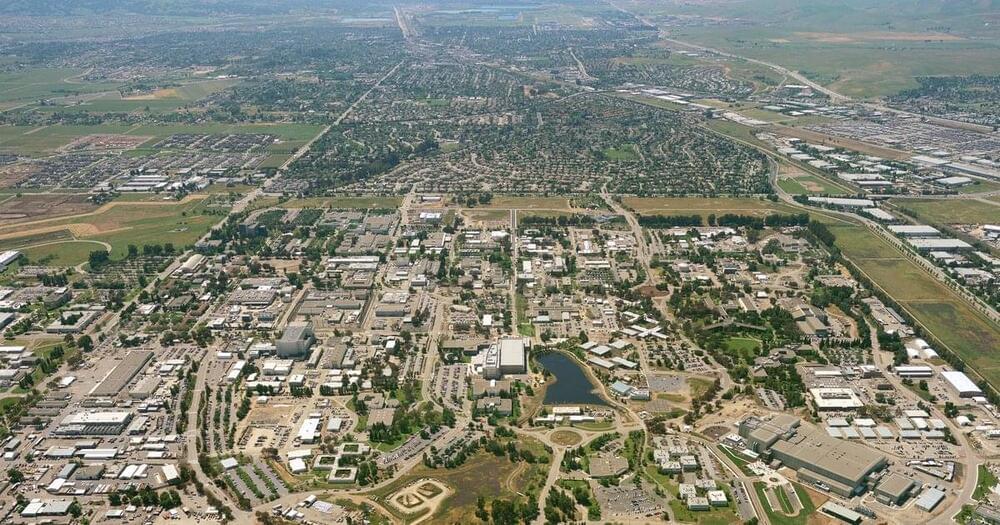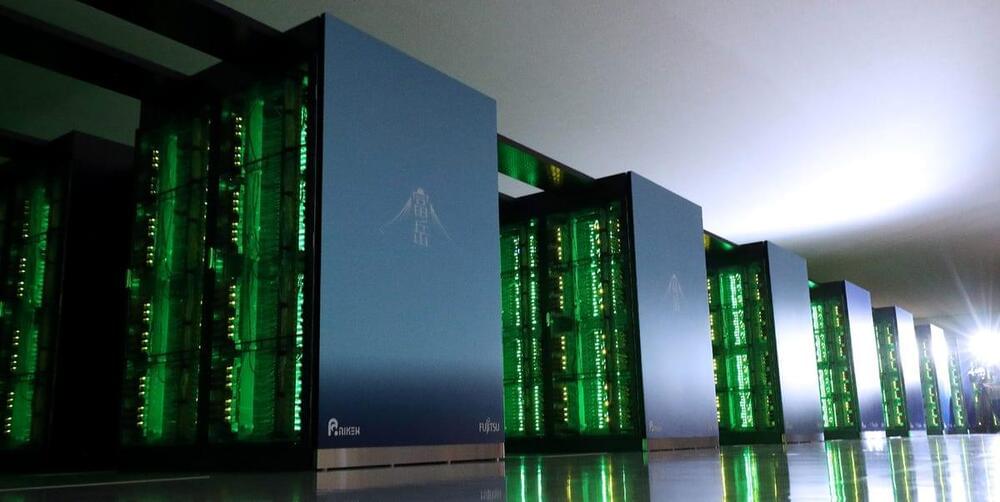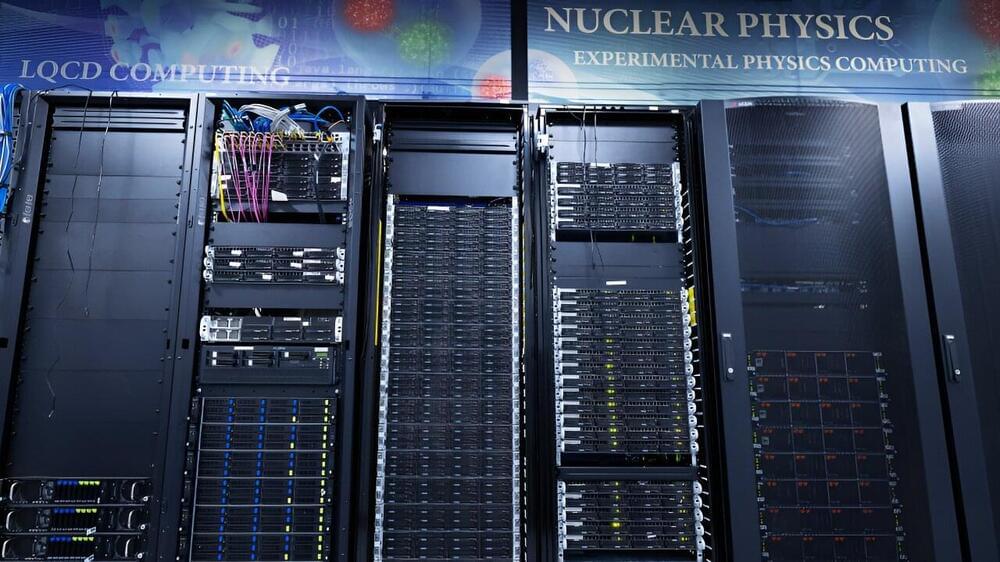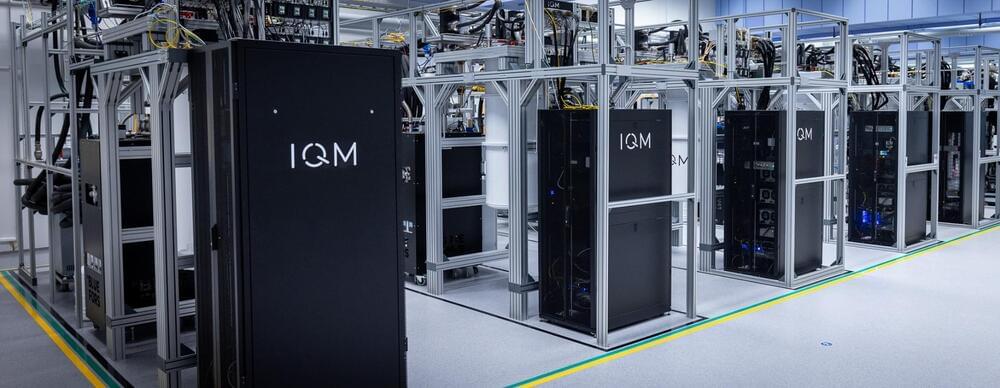Experiments on Google’s 67-qubit Sycamore processor showed operations entering a new “weak noise phase” in which calculations were complex enough to outperform supercomputers, based on benchmark testing.



The US government has launched a new supercomputer in Livermore, California.
The Department of Defense (DoD) and National Nuclear Security Administration (NNSA) this month inaugurated a new supercomputing system dedicated to biological defense at the Lawrence Livermore National Laboratory (LLNL).
Specs not shared, but same architecture as upcoming El Capitan system.


Deep inside what we perceive as solid matter, the landscape is anything but stationary. The interior of the building blocks of the atom’s nucleus—particles called hadrons that a high school student would recognize as protons and neutrons—are made up of a seething mixture of interacting quarks and gluons, known collectively as partons.

PRESS RELEASE — IQM Quantum Computers (IQM), a global leader in designing, building, and selling superconducting quantum computers, today announced that it has reached a milestone of producing 30 full-stack quantum computers in its manufacturing facility in Finland.
In addition, IQM has also completed the delivery and installation of six full-stack quantum computers to customers worldwide. IQM’s previously announced customers include VTT Technical Research Centre of Finland, Leibniz Supercomputing Centre (LRZ) in Germany as well as Forschungszentrum Jülich in Germany.
With increasing demand for on-premises quantum computers globally, IQM Quantum Computers Co-CEO Mikko Välimäki highlighted the significance of the manufacturing milestone, stating: “One of the key bottlenecks in quantum computer adoption has been prohibitively high prices. We are the first quantum computer manufacturer with the goal of taking quantum computers to a much wider market with industrialized manufacturing capabilities that help drive the prices lower. Looking ahead, our production line has the capacity to deliver up to 20 full-stack quantum computers a year.”

Elon Musk is not smiling: Oracle and Elon Musk’s AI startup xAI recently ended talks on a potential $10 billion cloud computing deal, with xAI opting to build its own data center in Memphis, Tennessee.
At the time, Musk emphasised the need for speed and control over its own infrastructure. “Our fundamental competitiveness depends on being faster than any other AI company. This is the only way to catch up,” he added.
XAI is constructing its own AI data center with 100,000 NVIDIA chips. It claimed that it will be the world’s most powerful AI training cluster, marking a significant shift in strategy from cloud reliance to full infrastructure ownership.



A team led by scientists at the Department of Energy’s Oak Ridge National Laboratory identified and successfully demonstrated a new method to process a plant-based material called nanocellulose that reduced energy needs by a whopping 21%. The approach was discovered using molecular simulations run on the lab’s supercomputers, followed by pilot testing and analysis.
The method, leveraging a solvent of sodium hydroxide and urea in water, can significantly lower the production cost of nanocellulosic fiber — a strong, lightweight biomaterial ideal as a composite for 3D-printing structures such as sustainable housing and vehicle assemblies. The findings support the development of a circular bioeconomy in which renewable, biodegradable materials replace petroleum-based resources, decarbonizing the economy and reducing waste.
Colleagues at ORNL, the University of Tennessee, Knoxville, and the University of Maine’s Process Development Center collaborated on the project that targets a more efficient method of producing a highly desirable material. Nanocellulose is a form of the natural polymer cellulose found in plant cell walls that is up to eight times stronger than steel.
Scientists at ORNL used the Frontier supercomputer to resolve a decade-long debate about the magnetic properties of calcium-48.